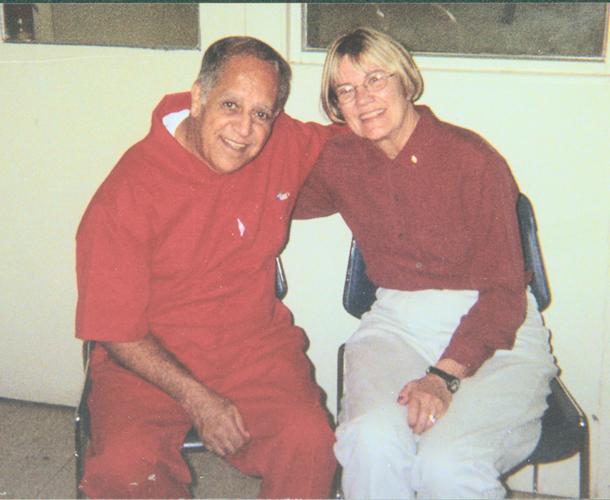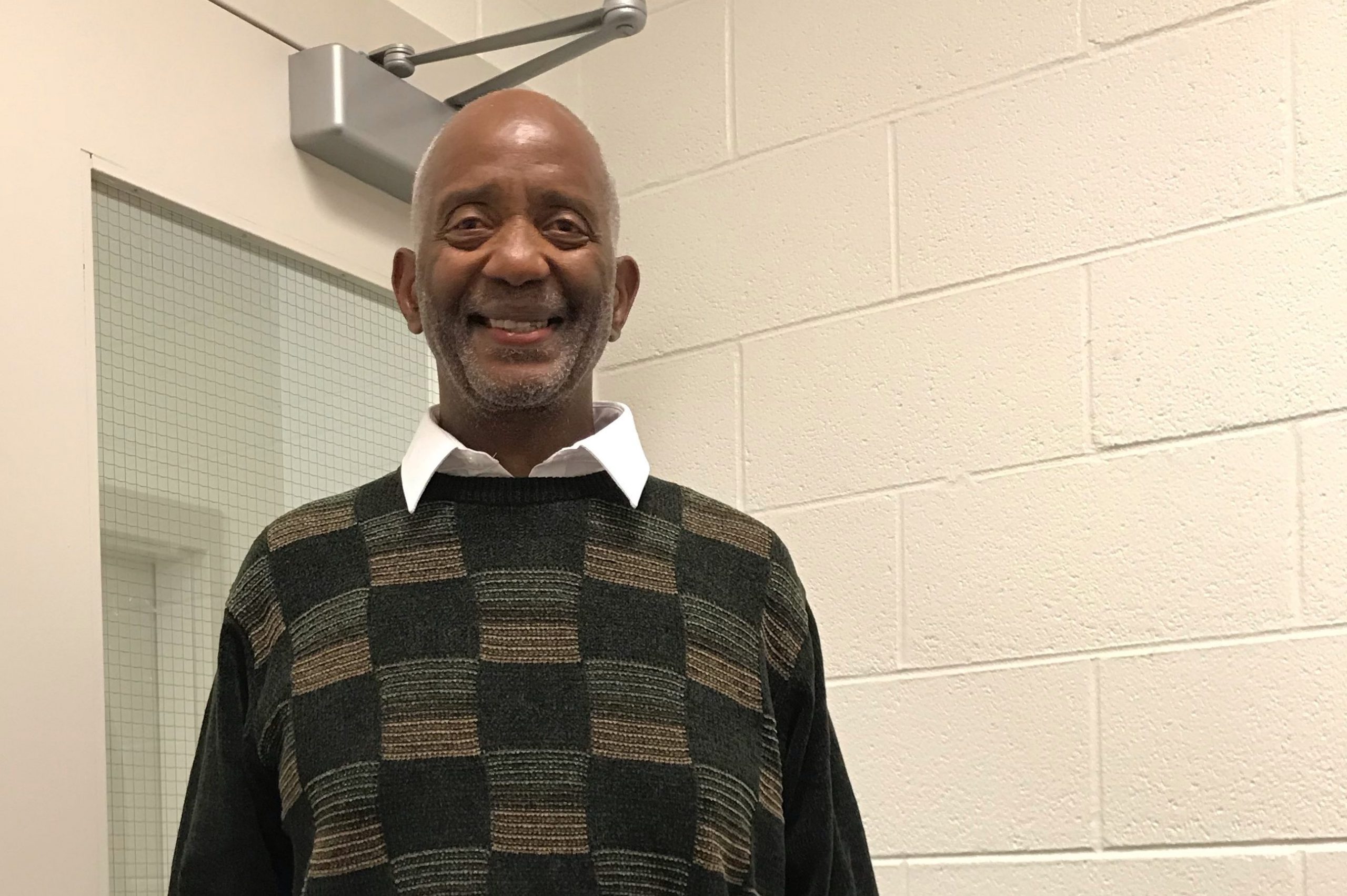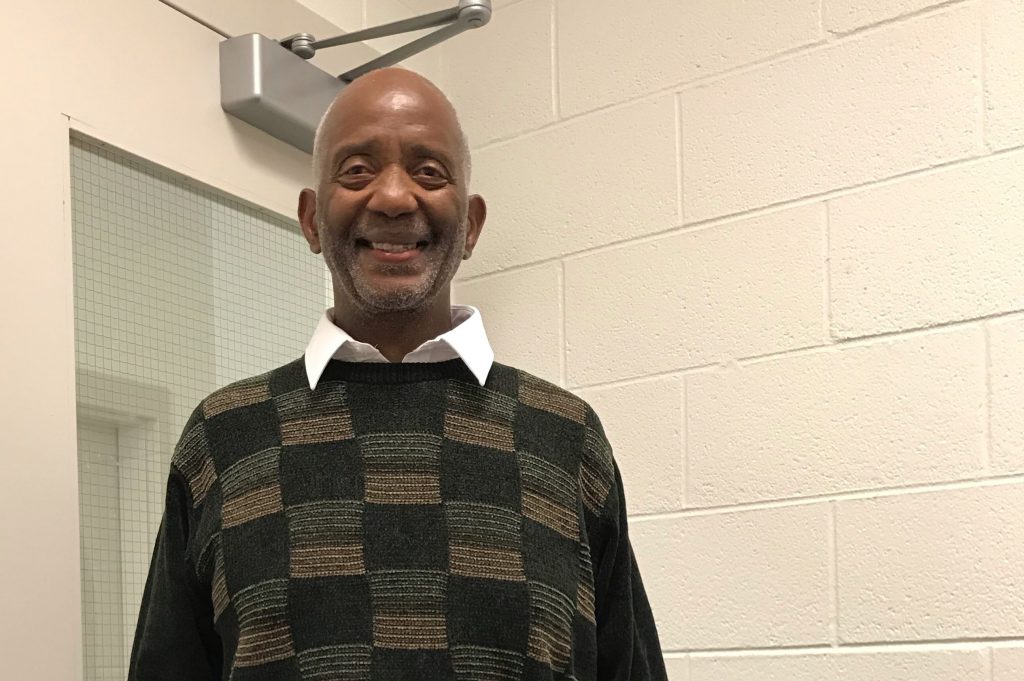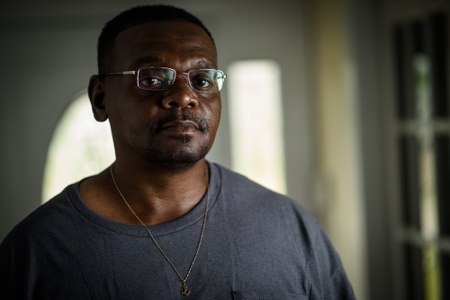In my nearly 15 years of working in death penalty communications, my goal was always to change other people’s hearts and minds. With the stories I told, I aimed to shape policies and public opinion — to help create a society that no longer sentences people to execution. Now, as I prepare to leave my job at the Center for Death Penalty Litigation, it’s difficult to measure how much success I had in those areas. In the end, there is only one outcome I feel truly certain about: This work transformed my heart and mind.










 This Pride Month (and always), we'r
This Pride Month (and always), we'r

